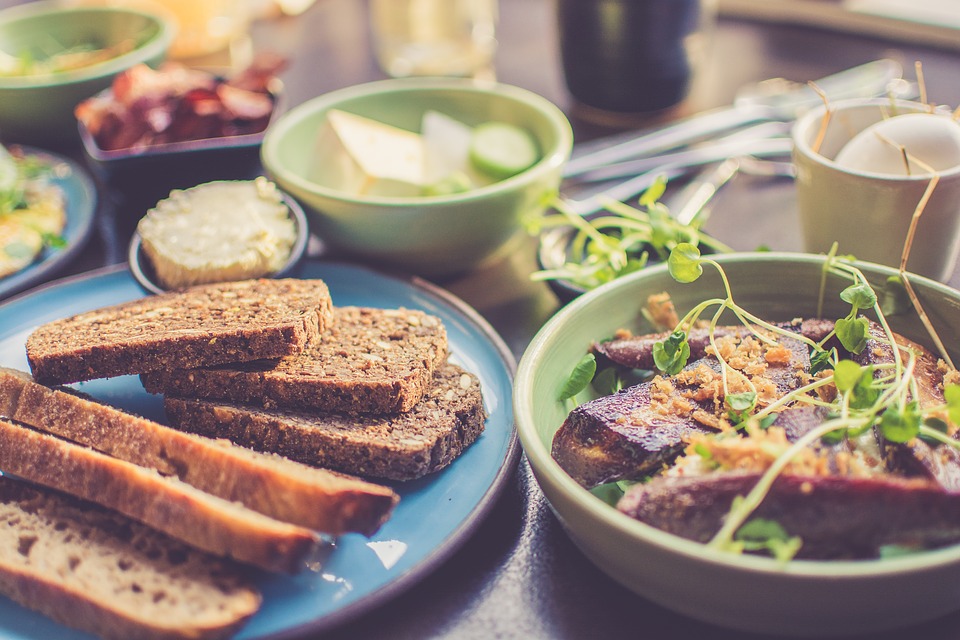Natural Treatments for Depression .If you suffer from mild to moderate depression, you may be interested in natural treatments. Even cases of severe depression may benefit from natural remedies in conjunction with medication.
Natural treatments run the gamut from supplements to lifestyle changes to alternative therapy. Here are some natural treatments that may help this disorder.
Dietary Adjustments
Natural health experts generally agree that diet is important in managing depression symptoms. Some dietary changes you can make include:
- Eat nutrient-dense foods. This helps make sure your body has all the vitamins and minerals it needs for proper brain function. Fresh produce, nuts, and whole grains tend to be rich in vital nutrients.
- EFAs, or essential fatty acids, may help boost mood in depressed individuals. EFAs can be found in healthy oils like olive or safflower, and in fish and nuts.
- Cut back on refined white sugar and corn syrup. These refined sweeteners tend to c ause blood sugar spikes and slumps, which contribute to the symptoms of depression.
- Eat whole foods, such as whole grains and fresh produce. This not only provides depressed individuals with much-needed, healthy carbs; it also minimizes artificial colors, flavors, and preservatives from the diet. These artificial substances may contribute to depression in some individuals.
Chiropractic and other Body-Oriented Treatments
These alternative therapies seem to be gaining acceptance among medical experts. Techniques like chiropractic adjustments, massage, acupuncture, and others may help relieve depression symptoms. This may have to do with improving circulation or the elimination of toxins from the tissues of the body. Other body treatments include:
- Dance therapy
- Acupressure
- Martial arts
- Yoga
Exercise
Working out daily can be hard even if you don’t have depression. But it’s even more important if you do – exercise has been shown to help relieve symptoms of depression. This may be due to the ability of exercise to boost brain chemicals that make you feel happy. Exercise brings balance to your life, balancing activity and rest; a balanced lifestyle itself can be very helpful in dealing with depression.
Most sources are consistent in pointing out that exercise need not be strenuous, but that it should be regular – 30 to 60 minutes a day for 3 to 6 days a week.
Supplements
A good vitamin and mineral supplement that is high in B12 and B6 is said to be good for alleviating depression. Magnesium is another mineral that tends to be deficient in many people, and that is important for proper nerve and muscle function. You may also find that supplements of evening primrose oil, flax oil, or fish oil will help your mood.
Herbal supplements have sometimes been used with success. St. John’s Wort is probably the best-known herb that may combat depression. Others include ginseng, valerian root, and chamomile. Chamomile can be drunk as a tea, as can another tasty sedative herb – lemon balm.
Always check with your doctor before supplementing with any herbs to avoid any adverse drug/herb interactions. And if you know a qualified herbalist, you can get advice from him or her, too.














